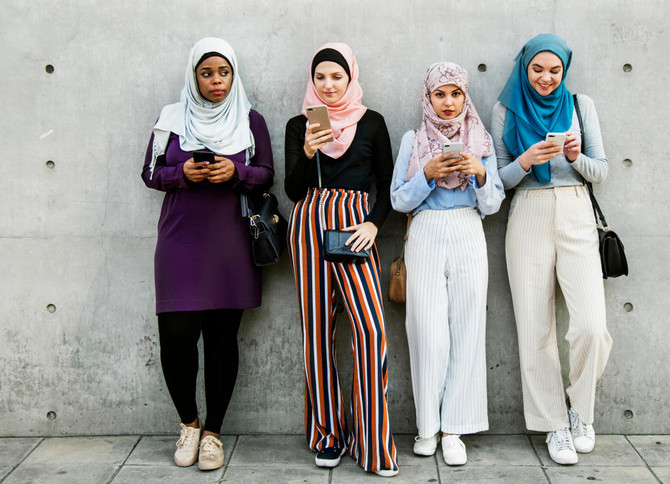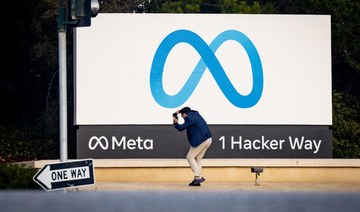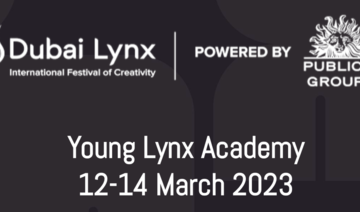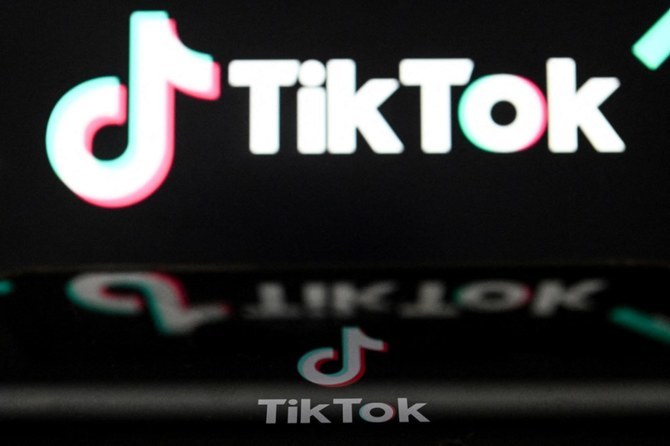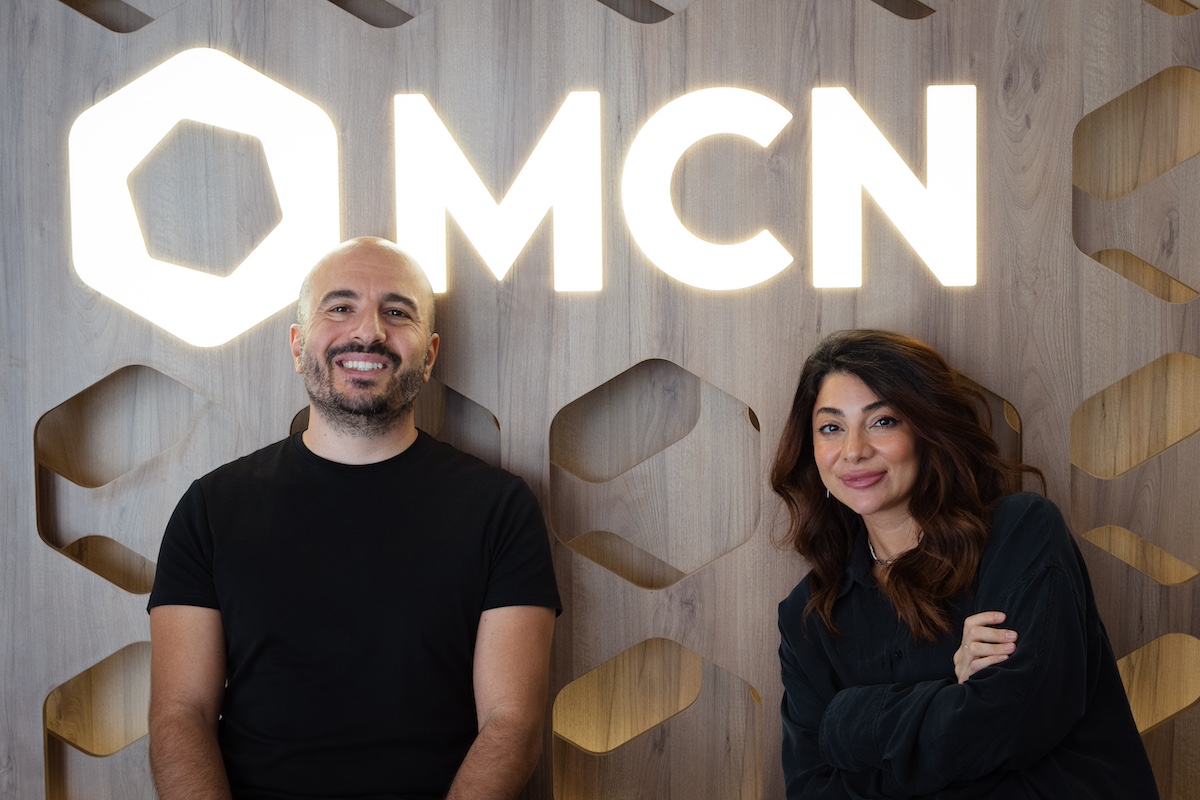LONDON: If 27-year-old influencer Sarah Jmaa posts on Instagram before bed, around 700 notifications will pop up by morning. These days Jmaa, an influencer based between London and Dubai who posts under the handle sarahjmaa, has stopped scrolling through her feed “the minute my alarm goes off,” but she will make time to respond to every message from her 39,000 followers throughout the day.
It is this level of engagement and not the number of followers on her account that makes the London-born Iraqi an appealing ambassador for brands, but that does not stop some in the industry from trying to boost their value by purchasing fake followers, something Jmaa says she can “spot a mile off.”
“It’s quite common … I’ve seen it on people’s pages but it just ruins the integrity of the influencer and once that’s gone, you can never get it back,” she said.
With the industry “booming,” and theoretically open to anyone with a smart phone, it has become common practice for aspiring influencers to “jumpstart their accounts by buying followers,” says Alexandra Williams, MD at iHC Influencer Marketing, one of a rapidly growing number of communications platforms that have established dedicated departments for influencer marketing.
There are a number of ways to do this. Some simply buy in bulk from companies advertising followers — often by country and sometimes with the added bonus of a few hundred “free likes.”
Others use bots, which, for a fee, will do “pretty much everything for you — engagement, following, unfollowing,” said Natasha Hatherall-Shawe, founder and managing director of TishTash Marketing & Public Relations.
She estimates that about 25 percent of influencers in the region make use of bots, which are getting “increasingly sophisticated and advanced.”
“It’s pretty obvious who’s using these bots — log on to Instagram at 3 a.m. in the morning and you can see accounts very active at this time and I don’t think it’s a case of insomnia.”
There are other ways, too, of bolstering a social media following, from joining an influencer group and tapping into an international network off shares and likes, to purchasing a pre-prepared handle complete with a large following and adapting the content to suit your own brand.
“In time they may lose some of the followers … but if they retain 800K on an initial 1.2 million following, that’s still a very valuable follower pot to have and you could probably charge upwards of 30K AED ($8,168) a post for in this market,” Hatherall-Shawe said.
Like much in the growth-spurt world of social media marketing, the legalities and finances remain a grey area, but as advertisers channel larger and larger sums toward influencers — some of whom command tens of thousands dollars per post, agencies are looking for a return on investment.
The rates can be “eyewatering” said Hatherall-Shawe, who believes that buying a following is nothing short of “fraud.”
“You are taking money and promising access to an audience and something in return that is not real,” she said. But with no rules in place to prevent people from purchasing popularity, it is down to agencies and their clients to know how to spot the fakes.
In countries such as the UAE and Saudi Arabia, where digital penetration is high and the average time spent on social media tops most Western countries, influencers hold particular sway. Amer Massimi, CEO of Starfish Agency, which operates a mobile app with more than 3,500 influencers from countries across the GCC, said the practice of follower-buying is “widespread” but with awareness increasing, “influencers who use this method excessively can be exposed.”
His agency uses an analysis system to establish an influencer’s credentials before partnering them with campaigns. In addition, research into engagement-to-follower ratios, done manually and via software on posts and demographics, is making it harder to hide phony followers. “As quickly as influencers are finding new ways to inorganically grow their accounts, brands and marketers are finding ways to uncover the truth,” Williams said.
Changes are also being implemented at the legal level. In the UAE, social media influencers who earn an income by promoting businesses and brands will now need to apply for a license before the end of June, or risk paying a fine of up to 5,000 Emirati dirhams and the closure of their account.
“The new regulations are part of the council’s plan to promote and develop an advanced legislative and regulatory environment for the UAE media sector, keeping it up-to-speed with regards to all technological developments that have transformed media in recent times,” UAE National Media Council Director General Mansour Ibrahim Al Mansouri said when the news was announced in early March. “Electronic media has become a highly influential and widespread tool; it is imperative that we enhance its reliability.”
The move, part of a package of reforms designed to regulate commercial activity on electronic media, has been welcomed by many UAE agencies and influencers, who stand to benefit from a more “transparent” and “credible” system.
“It acknowledges that influencers are now a big part of the media landscape in the UAE,” said Mahmoud Boksmati, CEO and founder of The Influencer, a marketing agency covering the MENA region. “It’s definitely perceived as a positive step.”
The details of the new regulatory framework have yet to be established but Massimi said it is expected to create “transparency on the sponsored posts” via a paid partnership hashtag. “This would be good for the influencer’s own credibility and the audience reception will be more positive,” he added.
Hatherall-Shawe will only work with influencers who already have a trade license or are registered as a legal business, and only when she’s 100 percent certain of their legitimacy. “I would rather work with an influencer with 5,000 genuine and engaged followers than with one who claims to have 300,000 fake ones.”
While a big audience is beneficial, brands are increasingly looking at the type of follower and the level of activity on the account. “Influence is not about the number of followers,” Massimi said, pointing to other factors, including specialism in a particular field, frequency of posting, content type and how much the poster engages with their followers.
It is this connection to an audience that sets an influencer post apart from a celebrity endorsement and makes it potentially more valuable for a lifestyle brand. “It’s really important to be relatable — that’s the power of influencers … if people wanted perfection, they would just watch adverts,” Jmaa said.
Knowing your audience is also key to retaining followers, says Jmaa, who is hoping to boost her profile to 50,000 over time. “I have a lot of Middle Eastern followers so I would never post anything too revealing.”
It is evidence of engagement like this that companies are seeking out as the influencer market becomes increasingly saturated. “Anyone can establish themselves as an ‘influencer’ but what sets the real apart from those who try is content, advice and expertise in their field, genuine brand partnerships and now, how they do their business with a clean license,” said Giselle Onanian, experiential consultant with a new startup specializing in brand activations.
“A quick scan of the type of followers they have can help sum up the quality of this person and the work they do.”


